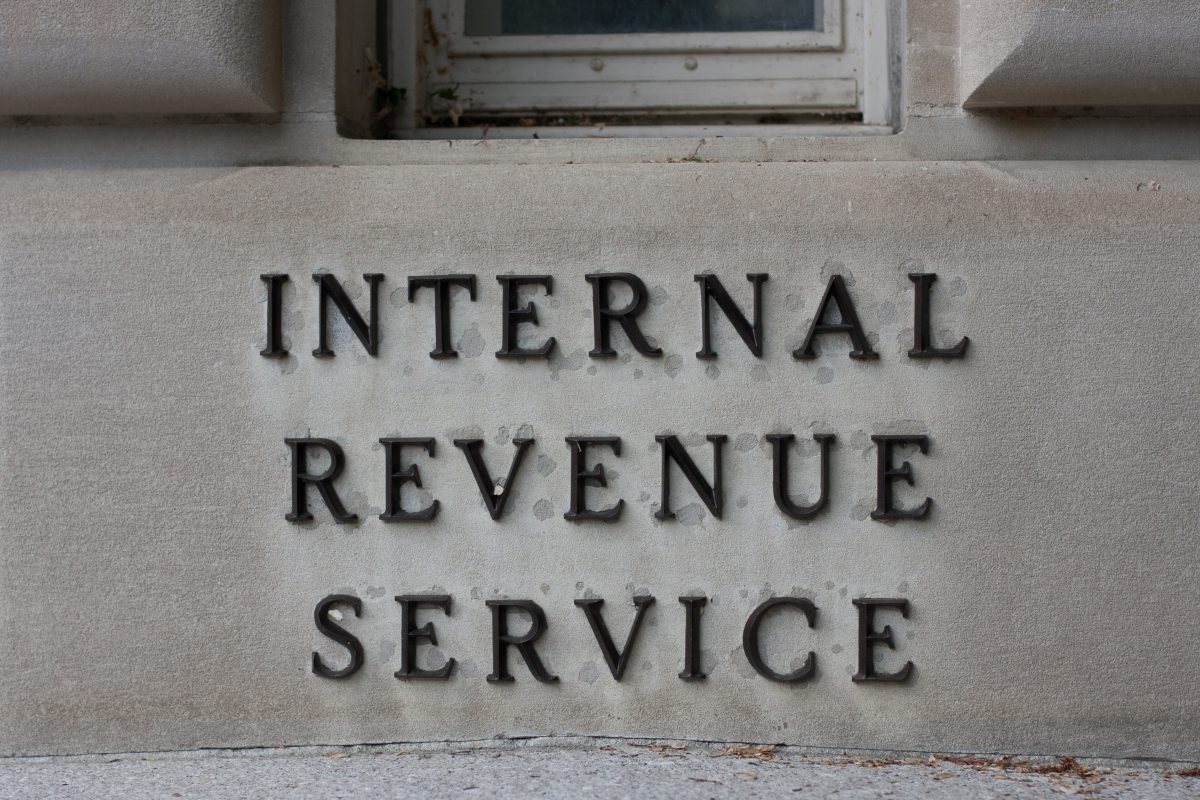
Who’s the Boss? Untangling the Confusion Around Nonprofit Corporate Officer Roles
07.07.2025 | May L. Harris, Esq., MA

There’s news from (and about) the Internal Revenue Service (IRS) on several matters of interest to the nonprofit sector. The most notable development is a reimbursement process for those 501(c)(3)s that paid unrelated business income taxes on the universally reviled “parking tax” that was just repealed in December 2019.
One of the most puzzling additions was a new (unrelated business income) tax on the parking and other transportation-related fringe benefits paid by nonprofits for their employees. In Poof! The Nonprofit Parking Tax is Gone (January 7, 2020), we explained how it took two years of sustained effort to get rid of it – with retroactive effect.
While the retroactivity is certainly welcome news, more than a few people in and around the nonprofit sector are concerned that the aggravation of having to deal with (and pay) this absurd tax may continue with an equally ridiculous and cumbersome process for getting the money refunded. And, of course, as David Wheeler Newman, Esq. pointed out in Hasta La Vista to the Reviled Nonprofit Parking Tax (December 23, 2019), the affected organizations, their boards, staff, and professional advisors will never “be compensated for the wrinkles and gray hair resulting … “ from this act of Congressional malfeasance and the “… surprisingly convoluted compliance regime.” The National Council of Nonprofits (NCN) echoed this sentiment and “frustration that nonprofits will never get back the “administrative and accounting expenses” they incurred to prepare and file the Form 990-T. Many of the affected nonprofits were small organizations including religious groups who had never before filed that form or paid this tax.
NCN expressed the hope back on December 17, 2019, when the repeal was signed into law that the IRS could be “… convinced to develop an alternative or streamlined approach … in the near future” for claiming the refund. On January 8, 2020, House Ways and Means Chair Richard Neal (D-MA) and Oversight Subcommittee Chair John Lewis (D-GA) officially called on IRS Commissioner Charles Rettig to “provide tax-exempt organizations with the guidance they need to claim and receive the refunds they are due.”
And poof! – in record-time in the otherwise galactically slow world of official action – the IRS issued How To Claim a Refund or Credit of Unrelated Business Income Tax (UBIT) or adjust Form 990-T for Qualified Transportation Fringe Amounts on January 21st.
But – alas – astute observers have already begun to point out that this is not an expedited or simple fix at all. It’s just the same old “file-an-amended-return” routine. And these wise people lament (unfortunately – so far – behind paywalls, so links are not available widely) that the cost to prepare the amended return will likely be as much or more than the tax paid. One such article is from UNC (Chapel Hill) Professor Benjamin A. Davidson at 166 Tax Notes Federal 405 (2020). Titled Parking Tax Purgatory, the abstract explains: “This article examines the challenges that nonprofits face in the wake of the parking tax repeal, including state tax considerations and a caveat on retroactivity.” It sounds like fun. (Getting the refund, that is.)
In late 2015, Congress passed a new law called the Protecting Americans from Tax Hikes Act of 2015 (PATH Act). It required all section 501(c)(4) organizations to “notify the IRS of their existence within 60 days of establishment.” The statute specifies penalties for late filers (and non-filers) and – in some cases – on the organization officials responsible to perform this duty. The law envisioned the IRS developing new forms, making changes to information technology systems, and providing guidance to help the new 501(c)(4)s comply. In FY2018 IRS Work Plan: Increased Scrutiny and Changes Coming for 501(c)(4) Applications (January 12, 2017) we alerted you about the IRS plans and progress to that date.
Now, the Treasury Department’s Inspector General reports on an audit it performed recently that has identified massive failures by the affected 501(c)(4) organizations to file the necessary notice. See Many Organizations Are Not Notifying the Internal Revenue Service of Their Intent to Operate Under Internal Revenue Code Section 501(c)(4) As Required by Law (Reference Number: 2020-10-001).
Surprisingly, though, the Inspector General’s office assigned blame to the Internal Revenue Service for not having “… taken sufficient actions to identify noncompliant I.R.C. Section 501(c)(4) organizations despite having various sources of information that would allow it to do so.” The IG explained: “Once an organization notifies the IRS of its existence, the IRS can use this information to enforce filing compliance of the required annual return.”
There are some “9,774 organizations that were potentially required to file a notification but did not.” Under the law, “these organizations and their responsible officials” have potential liability of “more than $48.4 million and $47.5 million in delinquency penalties, respectively,…” In certain cases, the IRS has begun assessment actions.
Now here’s the stunning part that you may not have seen coming. The Inspector-General wrote that “… many of these organizations may not have understood or even been aware of the notification requirement because many of them filed other documents that informed the IRS of their existence.” And there’s more: “…[C]ertain 501(c)(4)s may have reasonable cause for filing untimely notifications and may not be subject to the penalty.”
That’s a big deal; “reasonable cause” is the term of art commonly used in tax practice and other areas of law, too, to trigger a request for relief from, or abatement, of sanctions or penalties.
— Linda J. Rosenthal, J.D., FPLG Information & Research Director
